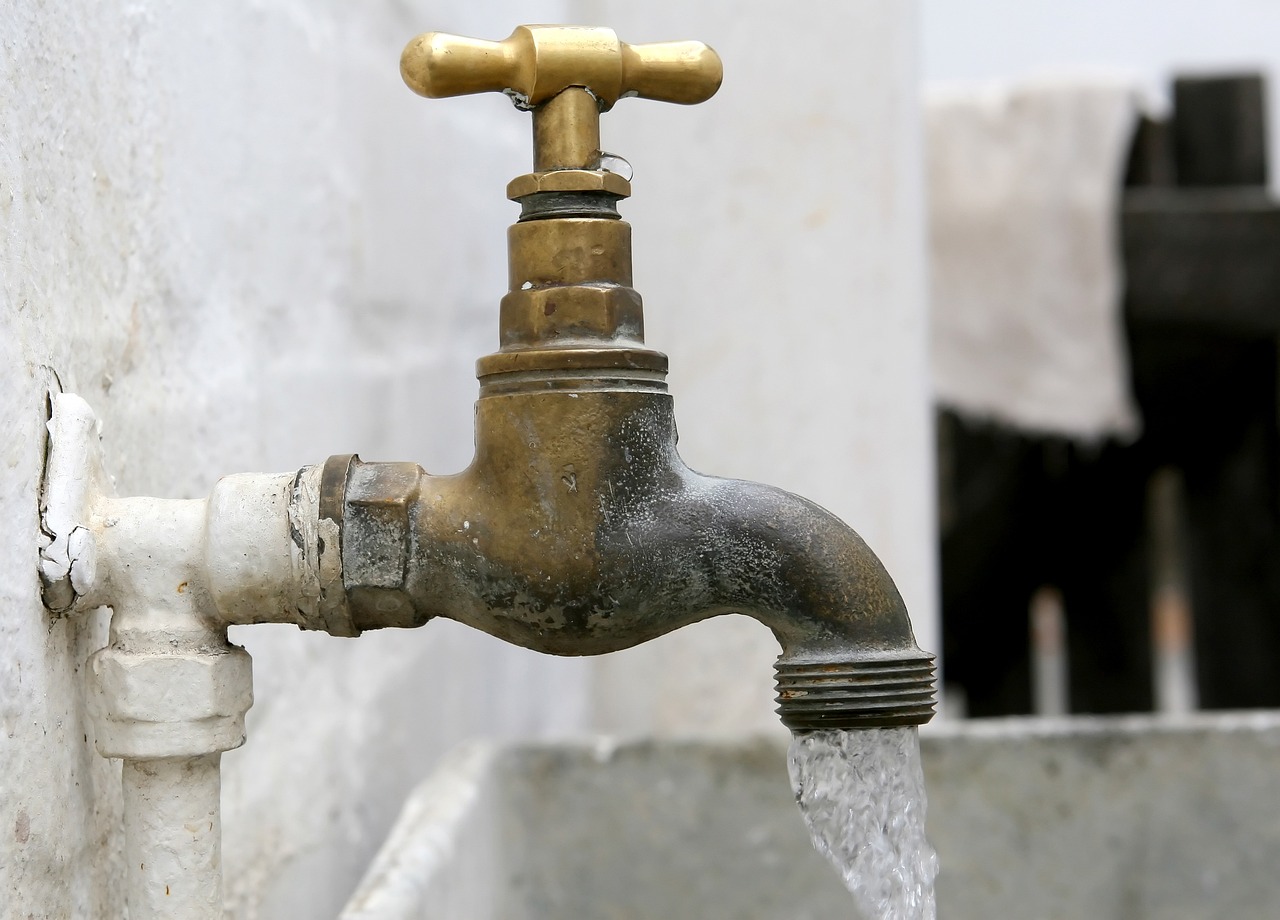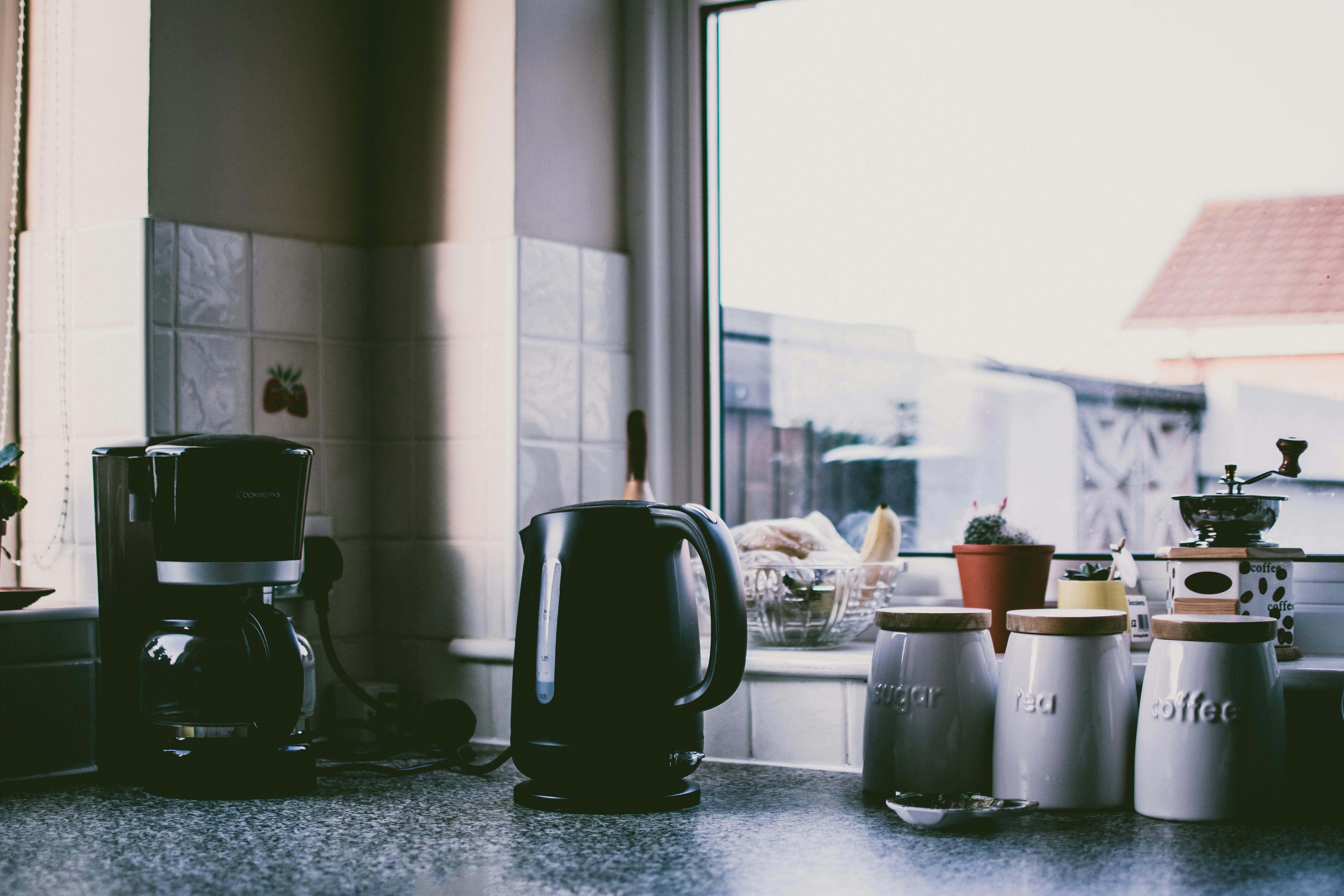

|
Authored by GUNDAI Do you know you are drinking hard water or soft water? We’ll explore the differences between hard and soft water, why water hardness is important, how it impacts your health or household, and what you can do about it.
Understanding Hard and Soft Water
In general, soft water offering a smoother and more pleasant taste. Additionally, soft water is less likely to produce scale when boiled, helping to keep appliances cleaner and in better condition.
The Drawbacks of Hard Water Hard water leaves calcium deposits that can clog pipes and damage appliances like kettles and dishwashers, reducing efficiency and increasing maintenance costs. 2. Difficult Cleaning: Hard water leaves stubborn mineral deposits on surfaces, making cleaning time-consuming and leaving areas looking dirty. 3. Dry Skin and Hair: Minerals in hard water react with soap, leaving residues that dry out skin and hair. 4. Higher Cleaning Costs: Dishwashers require softening salts and rinse aids to prevent mineral buildup on dishes, adding to expenses. 5. Reduced Energy Efficiency: Scale buildup on heating elements increases energy use, raising electricity and gas bills.
How to Protect Your Home and Health For those seeking to enhance their water quality, the GUNGDAI IZERO Tankless RO System offers a highly effective solution for softening water by removing excess minerals. Installing GD IZERO not only prevents scale buildup and extends the lifespan of your appliances but also reduce plastic bottle waste and contributing to a healthier planet and saving money in the long run. Protecting your home and improving your water quality has never been easier with GUNGDAI ! |


